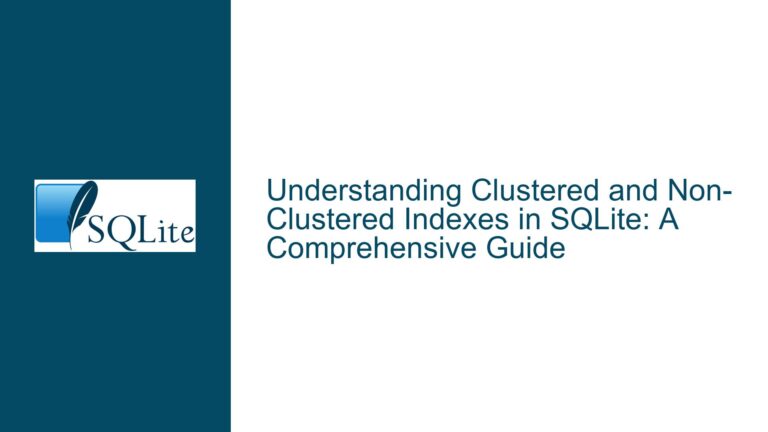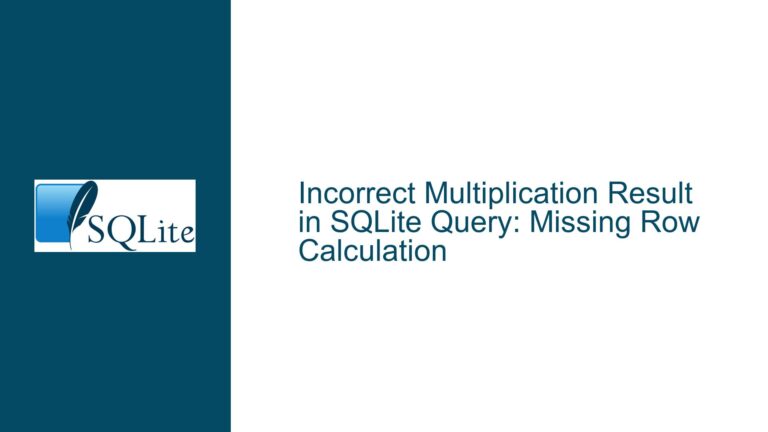Clustered and Non-Clustered Indexes in SQLite: A Comprehensive Guide
Clustered and Non-Clustered Indexes in SQLite: Key Concepts and Differences In the realm of database management systems, indexes play a crucial role in optimizing query performance. SQLite, being a lightweight, serverless database engine, handles indexing differently compared to more complex systems like SQL Server. One of the most common points of confusion for developers transitioning…









